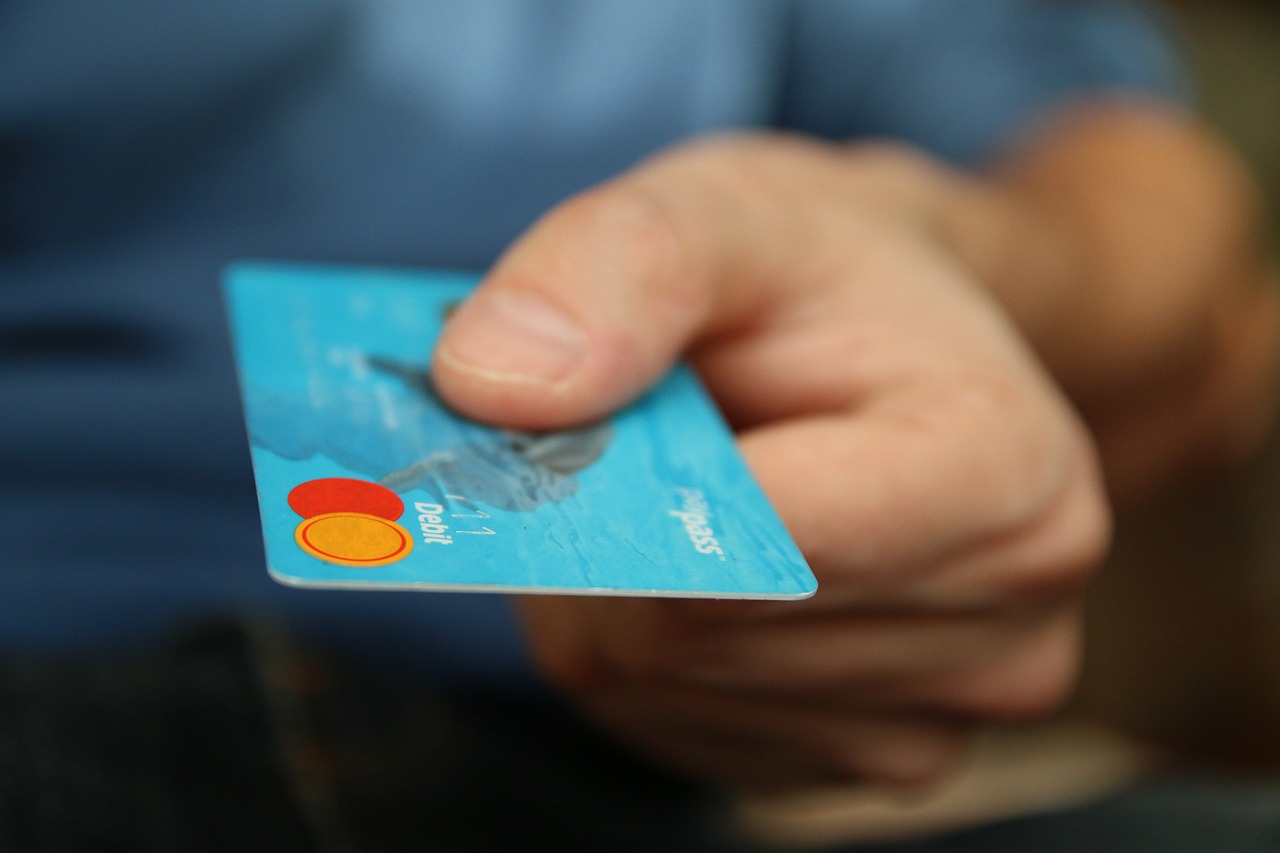
Central Bank to cut rates to tackle record inflation.Continue reading

In Hungary, more than a quarter of the adult population already has a credit card, and another four percent plan to get one, Világgazdaság reports. However, many people fear that credit cards make them inclined to spend more than they can afford, and could easily lead them into a debt trap.
According to leading Hungarian bank OTP, the number and value of purchases is growing steadily with minor fluctuations, while credit card holders are becoming more aware of the benefits of this payment method. Fears and concerns about credit card use are often due to a lack of knowledge.
Awareness is also evident among credit card holders, with 43% of them consciously seeking and following up on exclusive cashback opportunities and promotions for purchases.
However, the other side of the coin is that many cardholders also tend to forget or are unaware of these opportunities and do not take advantage of the benefits offered.
Meanwhile, an OTP survey shows that the biggest fear of credit cards is the high interest rate (often confused with annual percentage rate of charge, APR), a view shared by 29% of respondents. What is often overlooked is that credit card use only incurs an interest charge if the cardholder takes out cash from an ATM or does not repay the debt in full or on time.
Another downside of a credit card according to a quarter of respondents is the fear that they would be tempted to spend more than they could afford and could easily fall into debt traps.
The Hungarian National Bank publishes a quarterly report on domestic and foreign credit card transactions. The latest report, summarizing data for the last three months of 2022, shows a significant increase in turnover compared to the first quarter of last year. Moreover, according to OTP Bank’s summary, high inflation caused a significant 35 percent increase in credit card spending in January and February this year compared to the same period last year.
Featured photo via Pixabay